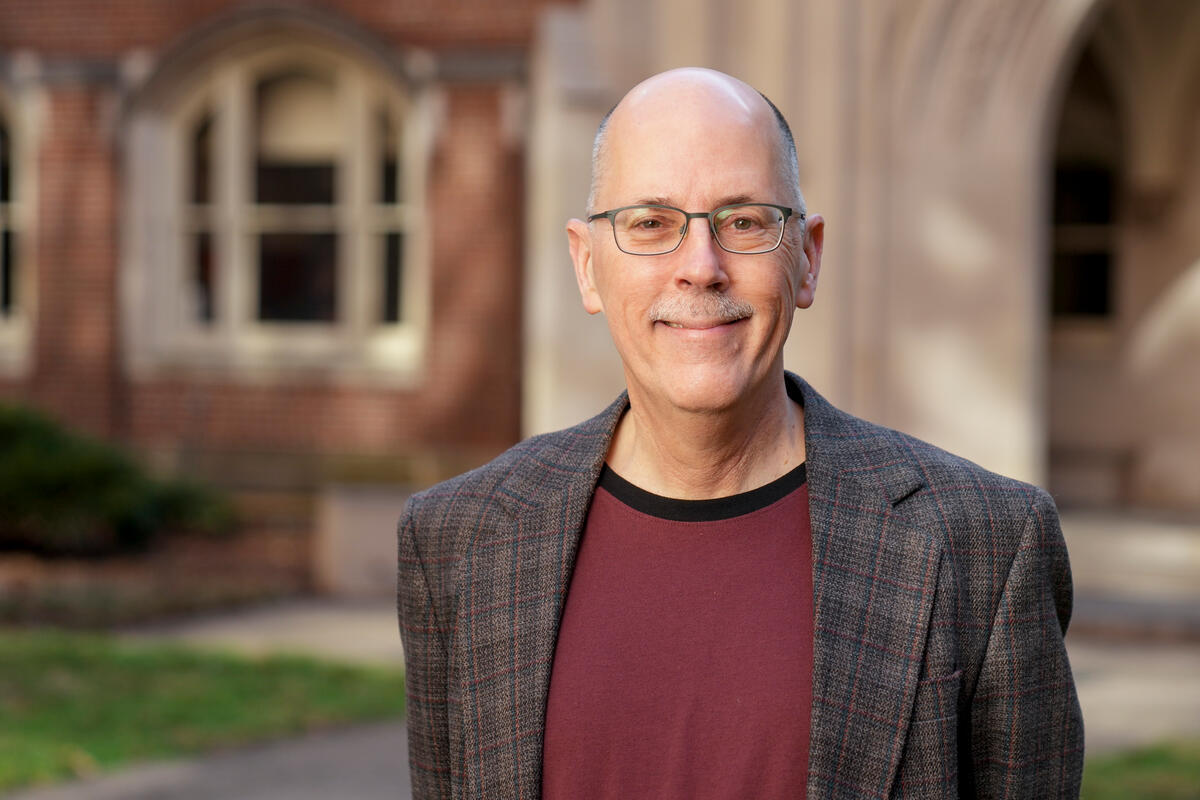
Charles R. Sanders
Vice Dean
Chuck Sanders completed his undergraduate studies in chemistry and mathematics at Milligan College before completing his Ph.D. in chemistry at The Ohio State University under the direction of Ming-Daw Tsai. Following his postdoctoral studies at Yale University with James Prestegard and ten years on the faculty of the Case Western Reserve University School of Medicine, he moved his lab to Vanderbilt in 2002. The Sanders Lab is devoted to biophysical and biochemical studies of membrane phenomena. In work spanning his postdoctoral studies and early career he developed the original and most commonly-employed bicelle model membrane systems, going on to show that membrane proteins can be easily and functionally integrated into this membrane-mimetic medium. Early career studies of prokaryotic diacylglycerol kinase revealed how Nature adapted this enzyme to its role in a membrane environment, distinguishing it from water soluble kinases.
Current Sanders Lab research is devoted to understanding how defects in human membrane proteins lead to disease. Studies of human peripheral myelin protein (PMP22), demonstrated that the instability of the folded form of this membrane protein is the underlying defect that causes Charcot-Marie-Tooth Type E disease, a peripheral neuropathy. Current studies include a drug discovery project in collaboration with the Deerfield Drug Discovery Group as part of the Vanderbilt/Deerfield Ancora partnership.
Sanders Lab studies of the human KCNQ1 voltage gated potassium channel revealed that thermodynamic destabilization of KCNQ1 appears to be the most common defect caused by mutations in the channel that result in long QT syndrome arrhythmia, a common cause of sudden death. This work consolidates the results of his PMP22 studies by providing evidence that mutation-based destabilization of membrane proteins is a common human disease mechanism. Other work has included studies of lipid interactions with the amyloid precursor protein related to Alzheimer’s disease.
Among other honors, Sanders is the recipient of the 2012 Membrane Protein Award of the Biophysical Society and the 2013 Hans Neurath Award of the Protein Society. He served as president of The Protein Society from 2021-2023 and was the Associate Dean for Research in the School of Medicine – Basic Sciences from 2017-2022. In addition to now serving as Vice Dean, he is Professor of Biochemistry and holder of the Aileen M. Lange and Annie Mary Lyle Chair in Cardiovascular Research.